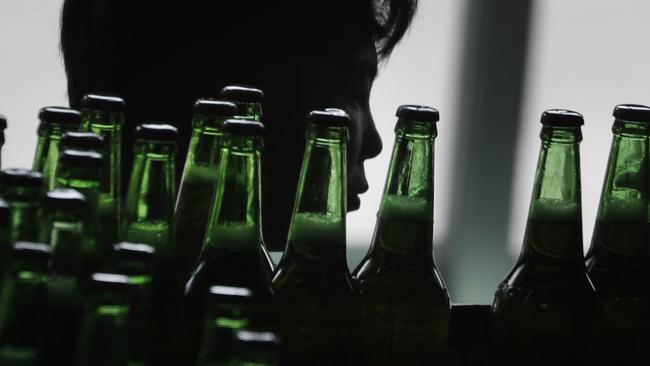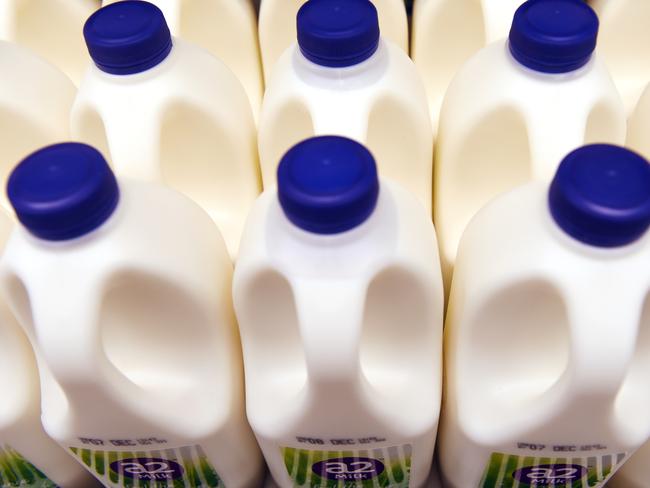Deposit recycling scheme set to add 20c to price of bottled water, beer and soft drinks
EXCLUSIVE: Consumers are set to pay up to 20 cents more for drinks in cans or bottles from December 1 following the introduction of the container deposit scheme in NSW.

NSW
Don't miss out on the headlines from NSW. Followed categories will be added to My News.
CONSUMERS are set to pay up to 20 cents more for drinks in cans or bottles from December 1 following the introduction of the container deposit scheme in NSW.
Under the scheme designed to reduce litter, most empty 150ml to three-litre beverage containers will be eligible for a 10c refund when presented to a NSW collection depot or reverse vending machine.
This includes bottled water, beer and soft drinks.

The only exceptions are plain milk, large pure fruit and vegetable juice containers, glass bottles for wine and spirits, large wine and water casks, cordial containers and registered health tonics.
Coca-Cola Amatil announced yesterday that Exchange for Change has been appointed as the scheme co-ordinator.
The entity includes Coca-Cola Amatil, Asahi, Carlton & United Breweries, Coopers and Lion; who collectively produce more than 75 per cent of the containers that will be affected by the scheme.
Beverage suppliers are responsible for covering the cost of the 10c refund along with the cost of managing the scheme, which is tipped to be up to 10c per container.

These costs will be directly passed on to consumers, which means a case of 24 cans of soft drink or beer will increase by up to $4.80.
Coca-Cola Amatil said the scheme’s additional administrative and handling fees will be revealed in mid-August.
The Australian Beverages Council chief executive officer Geoff Parker said his organisation broadly supports the scheme and the NSW government’s target to reduce litter. But he said if the administrative costs were 10c then family budgets would take a hit.
OTHER NEWS: FLIGHT NUMBER FOUND IN BOMB SEARCH
“That starts to impact NSW households pretty heavily, not just on a per container basis, but when families are buying a 30 pack of soft drink cans or a carton of beer, all of a sudden that starts to have a pretty serious impact,” he said.
Consumers will be able to take their empty bottles and cans to more than 500 collection points across the state and more than 800 reverse vending machines located in high foot traffic areas like beaches and sport stadiums.


